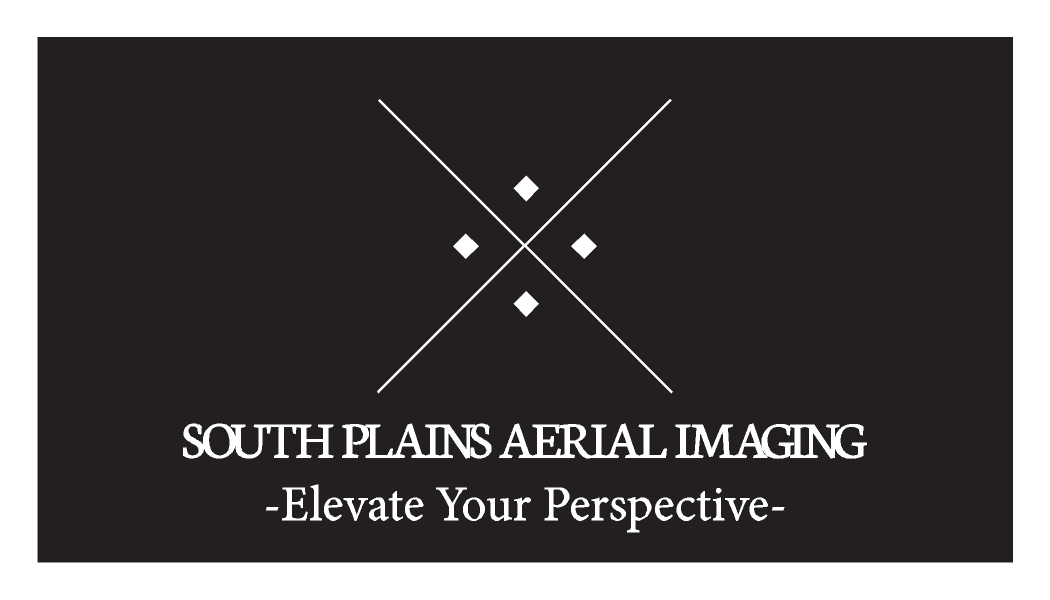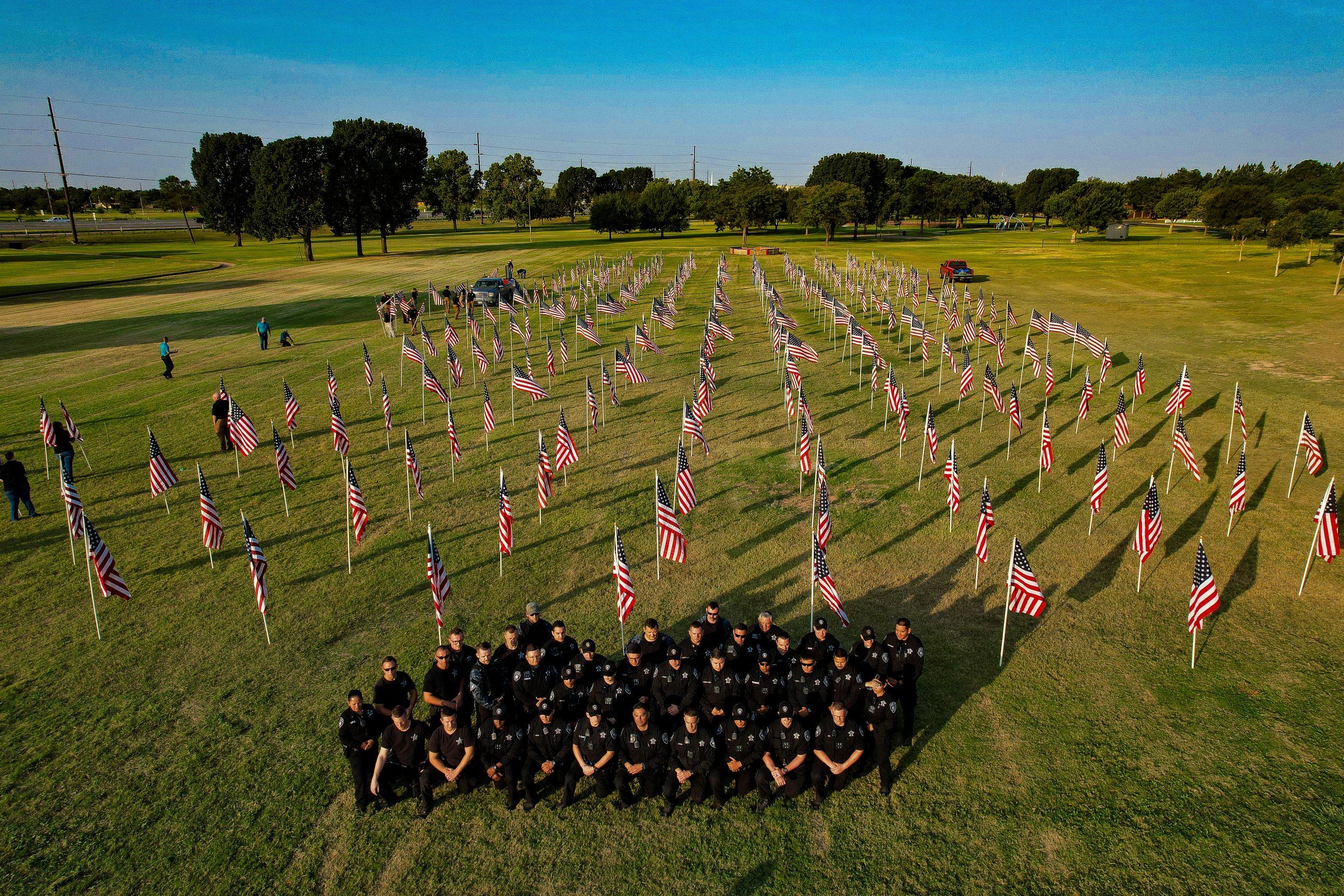Drone Use and Public Concerns
Drones are increasingly visible in neighborhoods, construction sites, businesses, and public spaces across the United States. With this rise comes public concern about privacy and safety. Complaints like, “There’s a drone flying over my house!” are becoming more common—but understanding FAA rules and airspace regulations can help clarify what is legal and safe.
At South Plains Aerial Imaging, we educate the public on drone safety, airspace rules, and best practices, while showcasing the benefits drones bring to industries, communities, and everyday life.
Airspace is a Public Resource
Airspace functions like streets and highways—it’s shared and federally regulated. The land you own does not extend upward indefinitely, and local or state governments cannot restrict public-use airspace.
The FAA governs all airspace in the U.S., meaning drones and other aircraft may operate legally in designated areas, provided they follow regulations to maintain safety and prevent accidents.
Drone Rules and Regulations
All drones in the United States must comply with FAA regulations under 14 CFR § 107, which include:
-
Avoiding restricted and prohibited airspace
-
Maintaining distance from airports in Class B or Class C airspace
-
Steering clear of critical infrastructure, state/national parks, and defense zones
-
Operating safely and responsibly at all times
Certified drone pilots are trained to follow these rules, ensuring that every flight is legal, safe, and professional.
For a deeper understanding of FAA compliance and licensed drone operations, see: Why Hire a Licensed Drone Operator in Lubbock, TX: Ensuring Safety and Compliance
https://spairimaging.com/2023/08/22/licensed-drone-operator-lubbock/
Privacy Considerations
Many people are unaware that drones may legally fly over private property when operating in public-use airspace. While legal, this can sometimes trigger concerns about privacy.
Professional drone operators should:
-
Wear company uniforms and display logos for identification
-
Show FAA certification when requested
-
Use landing pads and safety zones for operations
-
Notify neighbors in residential areas before flights
Remember:
-
Destroying a drone is a federal felony under 18 U.S. Code § 32
-
Interfering with a drone or its pilot in flight is punishable by law
-
Suspicious or illegal activity should be reported to law enforcement
Best Practices for Drone Operators
Drone pilots and companies can minimize concerns by following these steps:
-
Visibility: Be clearly identifiable
-
Communication: Inform nearby residents of operations
-
Safety First: Fly within line-of-sight and follow FAA rules
-
Respect Privacy: Avoid unnecessary hovering over private property
Professional, courteous communication builds trust, reduces conflicts, and allows drone services to operate safely and sustainably.
Conclusion: Promoting Safe and Responsible Drone Use
Drones deliver critical services for construction, inspections, emergency response, media, and more. By understanding federal airspace rules, respecting privacy, and communicating openly with the community, drone operators can maintain public trust while providing valuable services.
At South Plains Aerial Imaging, we are committed to safe, legal, and professional drone operations in Lubbock, the Texas Panhandle, and beyond.
-
Website: www.spairimaging.com
-
Phone: 806-502-4365
-
Email: info@spairimaging.com

